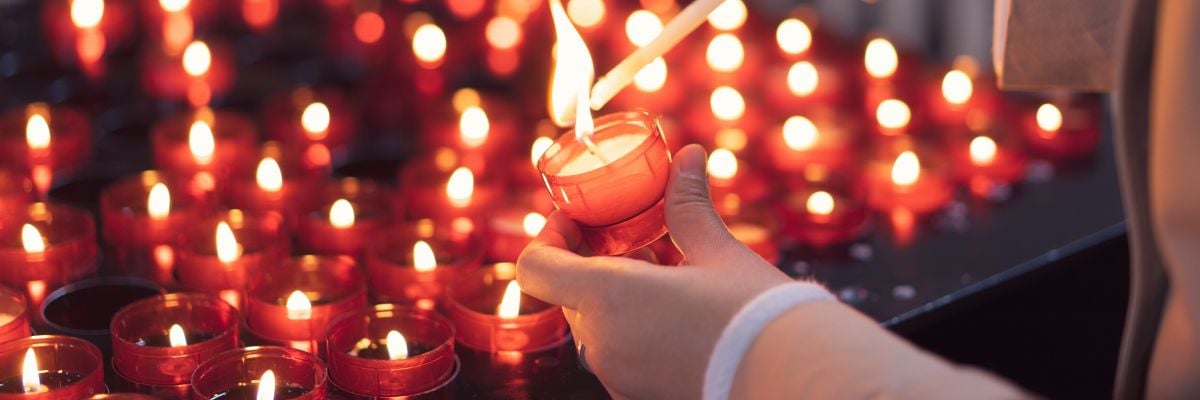"Every denomination I know of adds things to what scripture says..." Such as..?
I don't believe I replied to this post.....
Yes. Every denomination I know of adds things to what the bible says:
Word of Faith: We ask for something, God gives it to us. He heals us of everything. He makes us rich if we donate to the church,,,,etc.
Hyper Grace: We don't need to do anything. Jesus did it all. Works are an affront to God and some say they are a sin!
A of G: I like this denomination...but they say one has to speak in tongues as proof that they have received the Holy Spirit.
Nazarene: I like this denomination...but they believe that one can live a sinless life (this might have changed)....
I don't know enough about the other denominations to comment....
"Who do you think put the bible together anyway? It was the Catholic church in the 300's." Are you joking? The Bible existed long before the Catholic church -- centuries before. The last "book" of the Bible was written by John in approximately 90 CE. The Old Testament was in existence centuries before that. The Catholic church determined the canon of Scripture, even though not everyone agrees with the decision.
No Jaybo., I'm not joking.
Letters existed....the bible did not. (the New Testament). I never mentioned the O.T. because that DID exist before the universal, or Catholic Church.
Since we're all using the books the CC canonized - I'd have to say that we do agree.
Protestantism removed some books from the N.T. because they had scripture that did not agree with their beliefs.
"... sola scripture is NOT all we know about what Jesus taught". What else do "we know" about what Jesus taught (outside of Scripture)?
We know what the Apostles were taught - not everything is in the N.T.
John 21:25
25 But there are also many other things which Jesus did, which, if they were written in detail, I expect that even the world itself would not contain the books that would be written.
The Apostles passed this information on to the Apostolic Fathers....
They passed this information on to the Early Church Fathers...
By this time the church was called the Catholic Church.
110 AD
The first use of the term "Catholic Church" (literally meaning "universal church") was by the church father Saint Ignatius of Antioch (c. 50–140)* in his Letter to the Smyrnaeans (circa 110 AD).
You might want to read the entire article:

en.wikipedia.org
* St. Ignatius of Antioch learned from Peter and John.
There is a logical contradiction here: the Catholic church determined the canon of Scripture -- what is authentic -- but you say there is more that Jesus taught? Recorded by whom? And if so, why do you consider those things to be authoritative?
Answered above.
The Catholic church has throughout its history added many things to the Bible. None of which are (obviously) scriptural. No Pope, no Catholic church, no separate priesthood, no worshiping Mary and/or saints, etc.
You're right about this...
everything had a reason which it believed to be correct.








